-
Strengthened oversight by national regulators and the European Digital Services Board, with far-reaching powers to intervene in platforms that have wide reach and substantial influence.
These measures not only promote a safer Internet but also ensure that users are given real control over their digital environment, including through access to algorithm information and protection of freedom of expression.
Digital Markets Act: addressing platform power
The DMA aims to break the dominance of large online platforms ("gatekeepers") such as Amazon, Google and Meta and prevent them from continuing to dominate the market at the expense of innovation and choice for citizens and businesses. In practice, this means:
-
Clearly defined criteria for what constitutes a gatekeeper, based on user numbers and revenue, among other things.
-
Prohibition of unfair commercial practices such as self-preference and mandatory assurance of interoperability.
-
Transparency obligations regarding data sharing between platform, merchants and consumers, always within the framework of applicable privacy laws.
-
Encourage a level playing field, including protecting small and medium-sized platforms and startups from power concentration and unlawful barriers.
Gatekeepers continue to have room for innovation, but should not abuse their market power to harm competition and European values.
Topicality and social relevance
With the Digital Services Package, the EU has established a regulatory framework that responds directly to the growing role of digital services, data and platforms within all facets of social and economic life. This fits perfectly with the mission of PONT | Data & Privacy: reflection, knowledge sharing and critical discussion on digital transformation, with quality, diversity of perspectives and civil rights at the forefront. Citizens regain control, companies are stimulated to honest innovation and governments can enforce more effectively. The Package thus acts as an engine for a digital and just society in which both security and freedom of choice are guaranteed.
Political agreement on the DSA and DMA was reached in 2022; since then, these laws have been the guiding paradigm for digital policy within the European Union and beyond.




